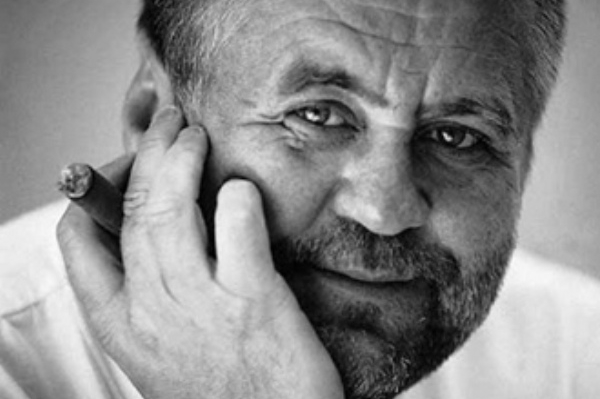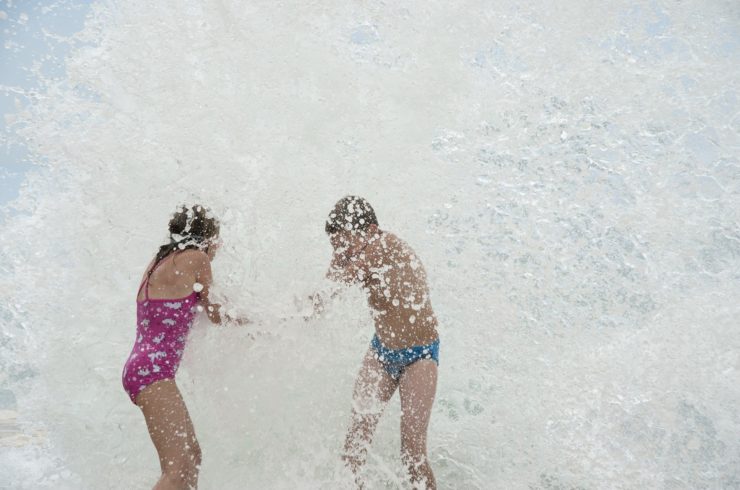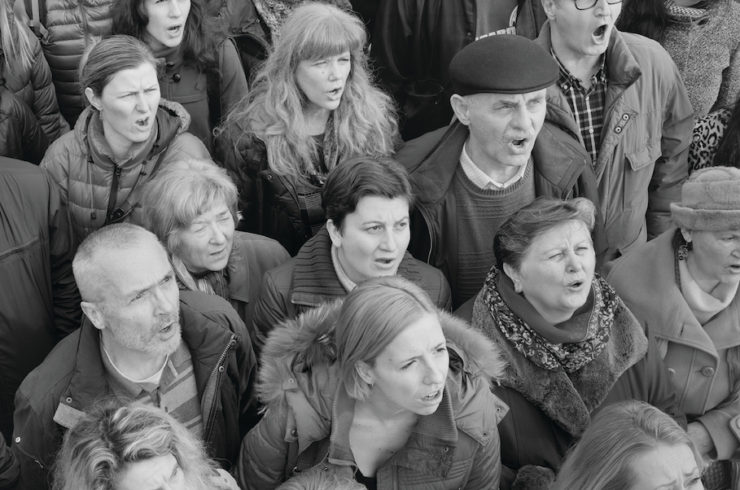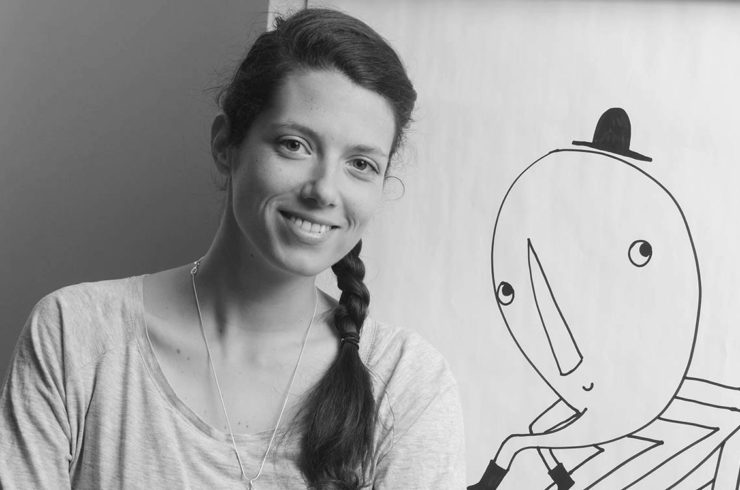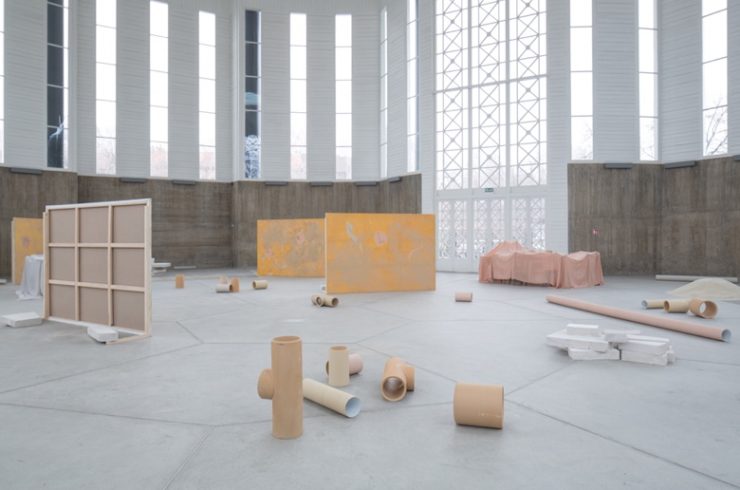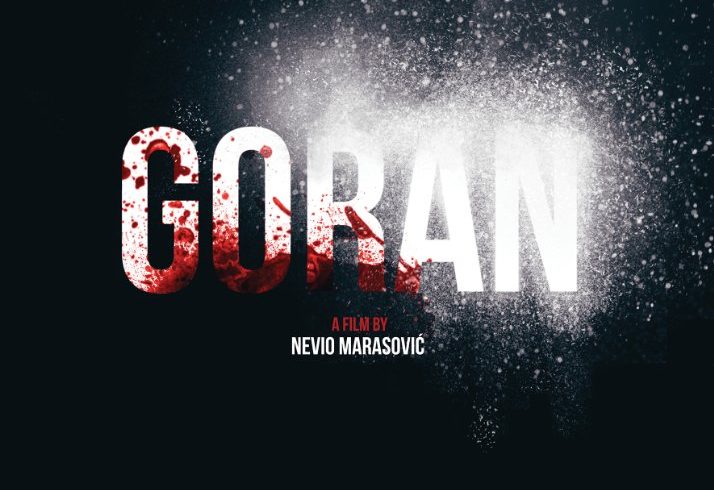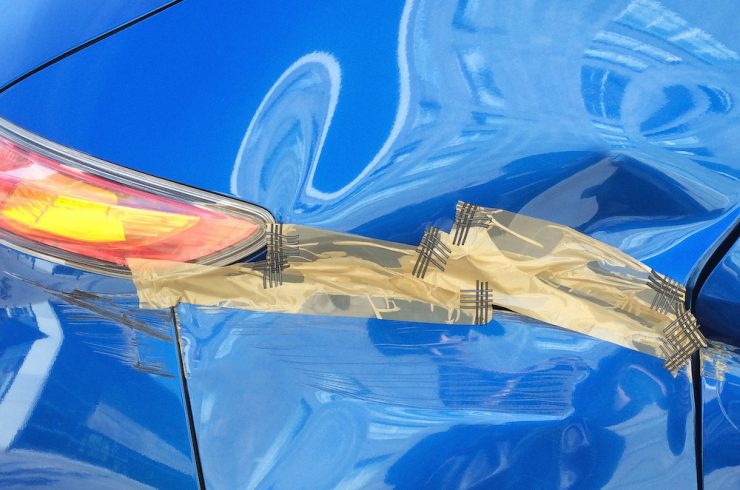Film
Director Rajko Grlić on filmmaking, festivals, and Croatian cinema
Asked about his goals as a filmmaker, Rajko Grlić pinpoints just one: to make a films that tell a story. Grlić has told several, from fictional accounts of the secret lives of the Croatian middle class to documentary investigations of Croatian history and politics.
When he’s not making films, Grlić is teaching others how to do it – he is currently Eminent Scholar in Film at Ohio University – and running programs that aim to enrich the film scene both in Croatia and abroad. One of his most successful projects is the Motovun Film Festival. Founded in 1999, the festival continues to draw filmmakers and fans from all over the world to a tiny hilltop town in Croatia. Here, Grlić tells us more about Motovun, the current Croatian film scene, and his own upcoming films.
As a filmmaker, how do you effectively tell a story? What is most important: screenwriting, acting, directing, cinematography, or something else altogether?
To make a film you need to tell the same story three times: first when you write the script, second when you shoot, and finally in the end when you edit the film. The first and third steps are very intimate phases because you are sharing your vision with a maximum of one or two persons. The middle one – the shooting phase – is a very different. You work on the set and you need to share you ideas with hundreds of people. Each of those steps are equally important for the film, but after almost fifty years of making films I believe that the first step, the scriptwriting period, is the most crucial element in the process.
Is there anyone in the history of Croatian film who has been influential for you?
Yes, Branko Bauer. A great gentleman, a kind of maverick, and a brilliant director.
What do you think about contemporary Croatian film? What are some of its strengths and weaknesses, and where is it going from here?
From the nineties, when film was just a cheap propaganda tool in the hands of heavy nationalists (and because of that, it completely lost its audience), until today, when the public is starting to return to theatres, Croatian film has gone through a long and quite painful journey. Today it’s one of the very few Croatian “products” that travels around the world, is screened in cinemas on all continents and receives some very important festival awards.
Tell us a bit about your role as co-founder of Motovun Film Festival and how you got this idea.
It all started with the Imaginary Academy, a summer film school I opened 1995 with some friends in the small Istrian town of Groznjan. Eventually we ran out of space to show films and started looking for a more suitable location. With Boris Matić, a student of the Imaginary Academy with whom I started the festival, I found our home on the next hill, in Motovun. But there is a pre-history. I used to go there, from the early 1970s with friends, and many of our scripts were cooked up there. So, naturally, Motovun was our logical choice.
Those are the facts. However, one should know that at that time Croatia was a claustrophobically closed and unhappy country from which young people were massively emigrating. We wanted to have a place where we had the right to our own form of happiness. Motovun was not envisioned as just another film festival – it was imagined as an event. All these years, I have structured it in such a way that the films are, naturally, at its core, but also I wanted to include a few recognized writers, painters, and musicians. I wanted to have a space in which visitors feel good and can choose with what they wish to nourish themselves, in addition to great food and wine.
How has the Motovun Film Festival changed the film scene in Croatia?
In 1999, [the first year of the] festival, only Hollywood films were played in Croatian theatres. Not even one European, Asian or American independent film was screened in our theatres. The Motovun Festival drastically changed this landscape. In addition, “Motovun’s kids,” as we call the hundreds and hundreds of volunteers who have worked on the festival over the past fifteen years, have started a few dozen similar festivals all over Croatia. So Motovun changed the viewers’ culture and their habits and through them it has some indirect influence on the production of Croatian films. Three years ago I retired from the Motovun Festival and film director Igor Mirković took over, [but] I help him whenever he needs me.
How does your background in Croatian film affect or guide your teaching in the United States?
On top of my Croatian films, I have made two so-called “international films”: a British one and a German one. So I have some experience of filmmaking out of Croatia. At the same time I have run directors’ workshops in film schools in many countries on both sides of the Atlantic. In short, I’ve found that filmmakers and the students, especially the good ones, are more or less the same and have similar interests all over the world. Every person, student or filmmaker, wants to develop his or her storytelling craft, so that they can express themselves and shape their stories in the best possible way.
What projects are you currently working on?
Right now I’m working on two documentary films. The first one, Every Good Story is a Love Story, was shot last summer in Slovenia and is now in post-production. The second one, Cedo and Ivo, is a documentary film about the Croatian prime minister Ivo Sanader who is currently in the jail, and his lawyer Cedo Prodanović. We started to shoot two years ago and we’ll shoot probably for another two to tree years, until all the criminal cases against the prime minister will be completed.
At the same time I’m in pre-production for a feature film, Miracle at Vipers Glen, based on Ante Tomić’s best-selling novel, and I am also finishing the second draft of a low-budget contemporary drama, The Croatian Constitution, with Tomić. This one will be shot in Fall 2015.
Interview by Elaine Ritchel
